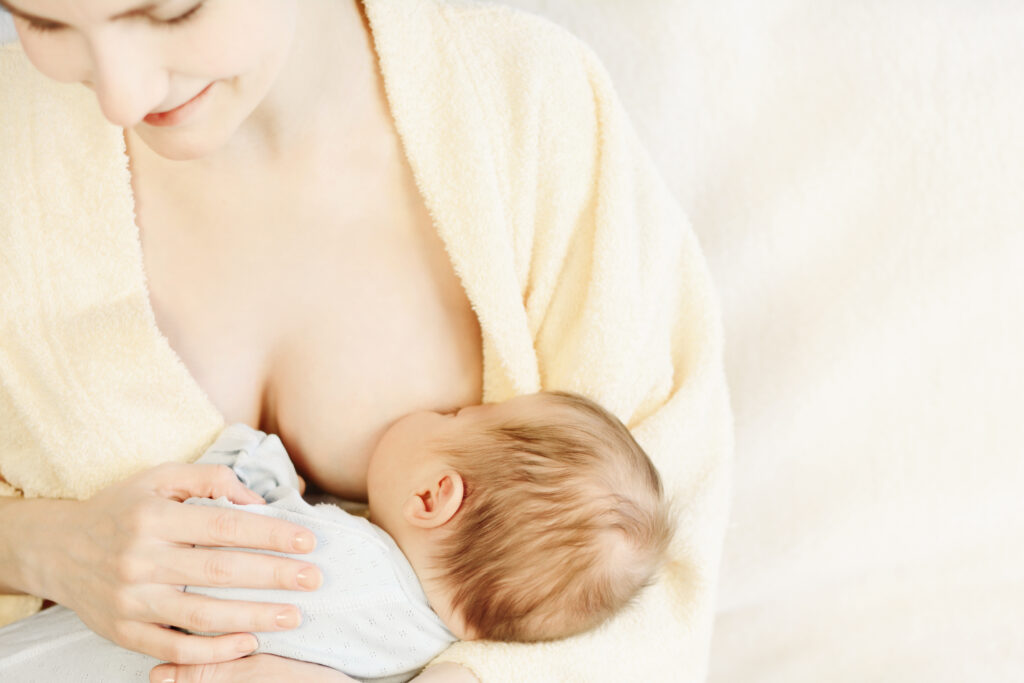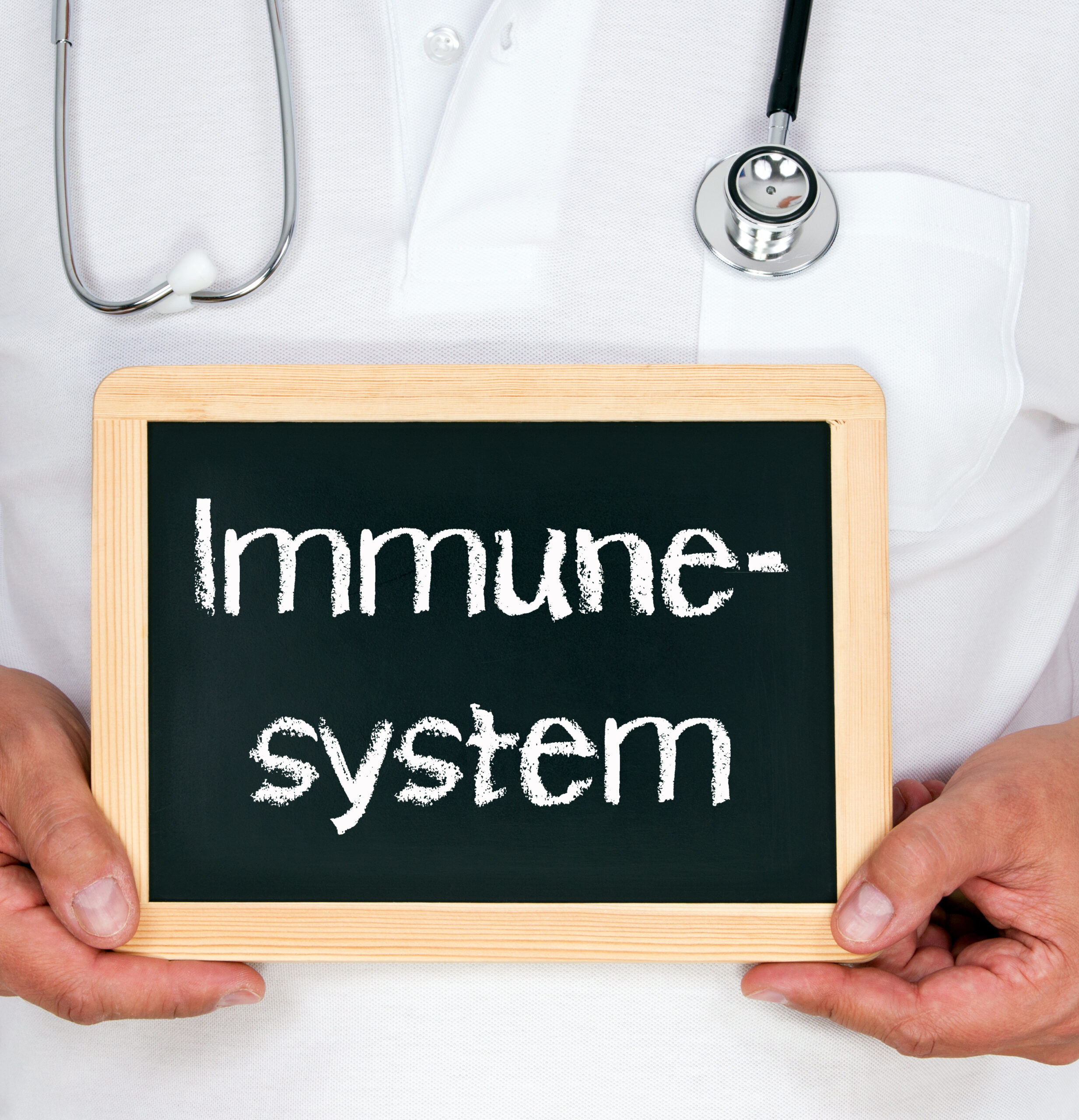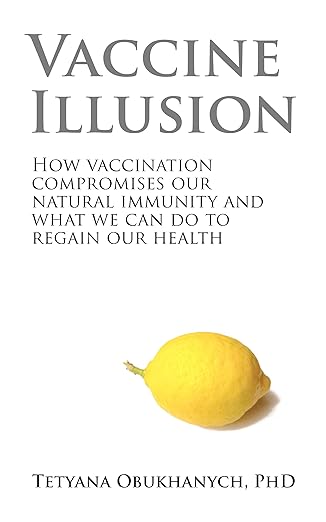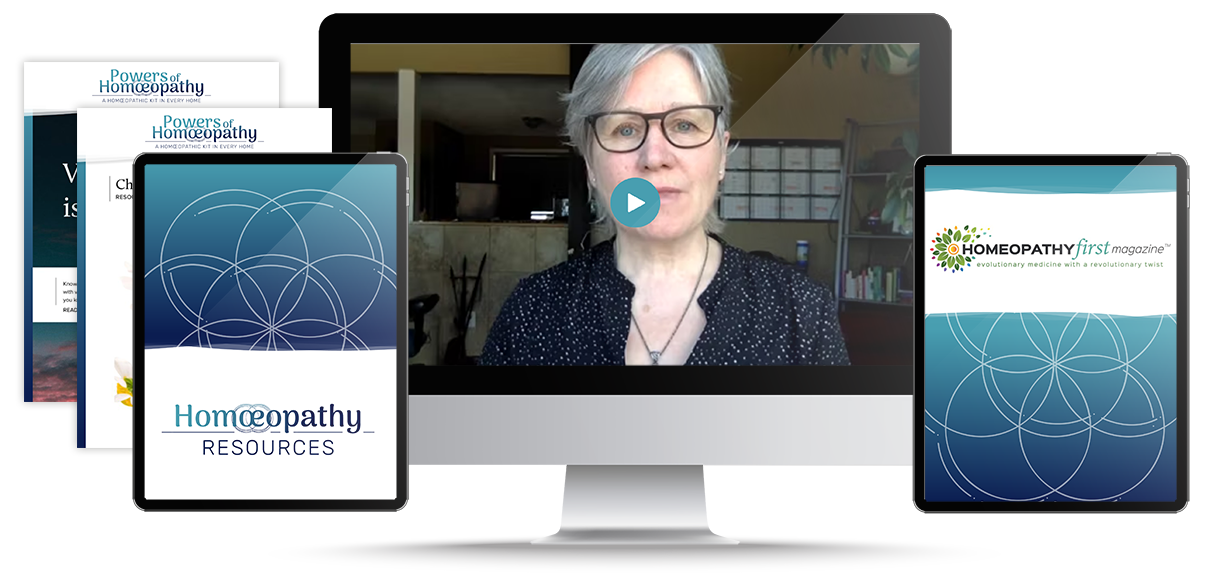There are two primary methods through which the body can develop immunity, each with its own process and benefits. Let’s explore the two ways in which we can gain immunity.
ACTIVE or NATURALLY ACQUIRED IMMUNITY
Active or natural immunity means you are exposed naturally to and are susceptible to an infectious agent, called an antigen (ANTIbody GENerating). An antigen could be a virus (measles, mumps, rubella, chicken pox, pneumonia and any number of colds, coughs, sore throats, influenza or common illnesses), a bacteria (diphtheria, tetanus whooping cough – pertussis, pneumonia), pollen grains (these are often expressed as seasonal allergies), transplanted tissue or organ cells from another individual or markers on blood cells and tumor cells. An exposure to an antigen can trigger an immune response.
For example, some parents want a natural experience of childhood chicken pox for their little ones. Have you heard of chicken pox parties? Interestingly, some children ‘exposed’ at the party do not develop chicken pox. This has to do with the susceptibility aspect of an infectious illness immune response. There is the exposure AND the child’s (or adult’s) timing or susceptibility for an illness!
After an exposure to an antigen (germ, bug), the immune system responds often, with fever. The body heats up and raises the immune system response to a more complex level where a cascade of events make it too warm for the antigen to reproduce and at the same time, allow for a sophisticated chemical response within the body. In a healthy individual, these are normal and natural responses.
Resolution happens after the body has discharged phlegm (snot), a cough (with expectoration – gunk), vomiting, diarrhea, sweating, peeing, watery eyes…any number of discharges. With rest, proper care and homeopathic support, most children and adults recover without any problems.
The immune system has ‘educated’ itself as to the specific antigen and has produced an antibody to detect any possible future exposures. What you have then, is an acquired natural immunity which usually lasts a lifetime.
Are there exceptions?
Yes, of course. There are known risks to every infection, and it is important to know when conventional medical assistance is needed.
My little saying in the courses I teach is ‘blood (sepsis, bleeding), bones (broken, car accidents, serious falls), brain (head injuries, inflammation/swelling e.g. meningitis, encephalitis), eyes…and you are off to the family doctor or emergency department. They are highly qualified when any life is in danger.
In most cases however, this naturally acquired immunity is lifelong.
PASSIVE NATURALLY ACQUIRED IMMUNITY
There are two types of passive naturally acquired immunity.
A. Through the placenta. There is a transfer from mother to fetus of a specific antibody (IgG) that generally lasts from 4-6 months after birth.
B. And two specific antibodies (IgA and IgG) found in human colostrum and breast milk are the other type of passive natural immunity. Breast feeding can be very important and if possible, the very best for babe’s natural immunity for the first few months of life. This passive immunity is short-lived and essential if parents are choosing to be vaccine free.
I wish I had known this as a young mom in the 1980’s. I had whooping cough, measles, mumps, rubella, hepatitis A and chicken pox as a child. Knowing that now, I realize that my babies would have had natural passive immunity in that first year of life, without vaccination. I would have opted out of the schedule for both my children.
The vaccine schedule in the 1980’s was for Diphtheria, Tetanus and Whooping Cough (DPT) at 2, 4 and 6 months. Measles, Mumps and Rubella at 12 months and 18 months.

Is natural immunity better than vaccination?
I would offer that good/bad be left out of the conversation. Naturally acquired active immunity, is for the most part, lifelong. Passive immunity, is for the most part, protective of the baby for a few months. Vaccination is, as is being found out, temporary.
When I was a parent, it was claimed that vaccination was immunity for life. Now it is common for ‘boosters’ to be encouraged throughout a child/adult’s lifetime. Vaccine induced immunity wanes over time, predictably.
Naturally acquired immunity means kids get sick. In a day and age when both parents possibly work, single parents are raising children on their own, extended family is absent where you could have help when kids get sick, it is hard work. Plain and simple.
Vaccination may prove helpful in the short run. But…I raised my kids in the 1980’s. Witnessing my own kids, now adults, still get sick despite vaccine compliance in the 1980’s is my own kind of research. There have been measles outbreaks and mumps outbreaks with their friends in college and competitive sports. We used homeopathy to get through the local outbreaks (endemics).
Vaccination carries risks and adverse events. Vaccine safety (it is a medical procedure) and informed consent are the foundations for making any decision for your children and/or vulnerable adults in your life.
Please consider taking my course Vaccine Free: Now What? before deciding whether you want naturally acquired active immunity or Homeoprophylaxis or conventional vaccination.
The last resource I would recommend is the book Vaccine Illusion: How Vaccination Compromises Our Natural Immunity and What We Can Do to Regain Our Health by Dr Tetyana Obukhanych, PhD, Immunologist.
Here is an important quote that is a reminder of what the vaccine theory is based upon.
“At the end of the 18th century, a British physician Edward Jenner attempted to make the practice of variolation a bit safer by substituting the pus from a smallpox pustule with that from a cowpox pustule. To distinguish his modified procedure from variolation, Jenner called it vaccination (from a Latin term vaccinia, which stands for cowpox). The term vaccination originally referred only to this particular Jennerian procedure. Modern vaccines have co-opted the term, although they have nothing to do with the vaccinia virus. Cowpox disease was similar to smallpox, but it was generally mild, and people who acquired cowpox naturally (usually milkmaids) were afterwards immune to smallpox. Jenner’s idea was that the state of natural immunity to smallpox following natural cowpox disease could be circumvented by vaccination. To test his idea, Jenner vaccinated healthy subjects with no prior history of smallpox. Soon after vaccination, he injected his subjects with pus from a smallpox pustule, as in the variolation procedure. If left unvaccinated, these subjects were expected to develop smallpox pustules from variolation. However, his vaccinated subjects did not. Jenner concluded that his vaccinated subjects are immune to smallpox, just like milkmaids who had the cowpox disease. He convinced the British authorities to make good use of his vaccine invention. The rest is history.
Yet, Jenner was fooled by the apparently successful results of his experiment. He tested his vaccinated subjects only for their resistance to variolation. He did not test them for their resistance to natural smallpox. Had he done the latter, he would have discovered that the protection from natural smallpox conferred by his vaccine was wearing off after only a few years, merely postponing a person’s susceptibility to smallpox but not eliminating it for good the way natural disease experience does. The short duration of protection happens to be the case for other live attenuated viral vaccines in use today.
Because the limitations of the vaccination approach in disease prevention were so grossly overlooked, the first important lesson we failed to learn is that vaccination is not an equivalent of immunity. Nevertheless, scientists proceeded with further research and vaccine development assuming them to be equivalent. The science of immunology was formed with the primary purpose to study what happens in the body following injection of infectious or innocuous foreign matter under the false pretext of studying immunity. Every new generation of immunologists is initiated into this illusion and inadvertently takes immunologic research in the direction that is further and further away from understanding the true basis of immunity.”
Obukhanych, Tetyana. Vaccine Illusion (pp. 9-11). Kindle Edition







